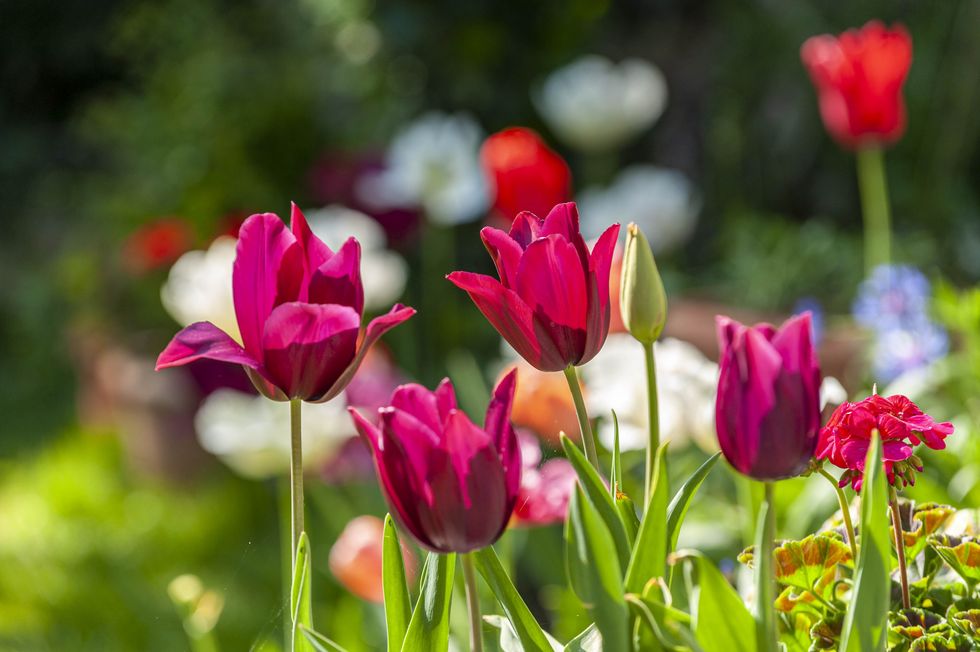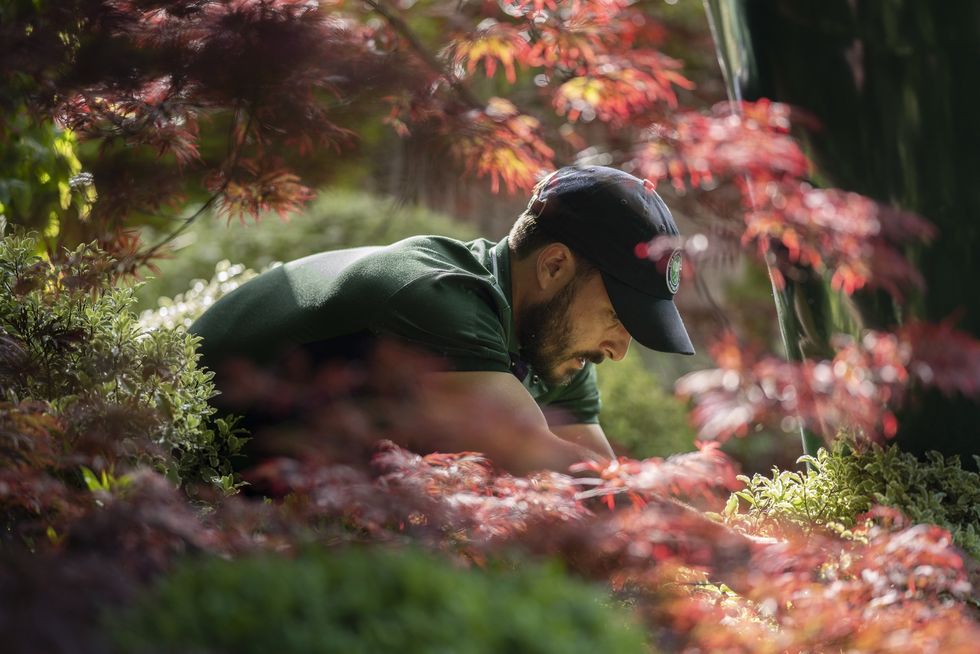Two-step gardening hack is essential for 'strong growth' and 'beautiful flowers'
February is a good month to prepare plants for flowering season
Gardeners are encouraged to adopt a proactive approach to their tasks ahead of the flowering season
Don't Miss
Most Read
Trending on GB News
As gardens start coming to life, manicuring flower beds will give blooms a new lease of life in preparation for the flowering season.
Often, the most important late winter jobs are the ones no longer deemed necessary by novice gardeners, such as pruning and feeding.
The end of winter represents an excellent time to get ahead of these jobs as they set plants up for robust growth.
Speaking exclusively to GB News, luxury florist Rosebie Morton, the founder of The Real Flower Company, proposed a combination of tasks for optimal flowering over the coming weeks.

Flower beds benefits from a combination of pruning and feeding ahead of Spring
GETTY
When asked about the most crucial gardening task for luscious blooms, Morton said: “It’s a combination of both pruning and feeding the plant which will encourage strong growth and beautiful flowers.”
In terms of feed, the Royal Horticultural Society (RHS) confirms that specific plants benefit from additional nutrients during the winter.
The gardening body recommends organic fertilisers like fish blood and bone or poultry manure pellets, as these slow to release nutrients into the ground.
The fertilisers do best when applied in late winter or early spring.
“It's a good month for dividing herbaceous plants which have got too big for their location,” added Morton.
“Dig them up and then try and split the plants into two to four sections and replant. Plants such as crocosmia, Geranium and Delphinium work well with this technique.”
Adding a layer of compost to the garden beds could help create a defence barrier against harsh elements, pointed out the expert
“Put a two cm layer of compost over your flowerbed - which acts both as a mulch and a weed suppressant,” said the florist.
LATEST DEVELOPMENTS:

Adding compost to flower beds can promote strong growth
PA
As a free-draining material, compost helps prevent the roots of flowers from becoming waterlogged and secure larger plants.
It also advances plant growth by balancing soil density, keeping the ecosystem of backyards in better nick.
The RHS notes that compost is a great way to make use of garden waste because it allows gardeners to repurpose their lawn clippings to annual weeds.
Avoid adding the wrong ingredients to the pile, however. This could attract flies and rodents to your flowers.








